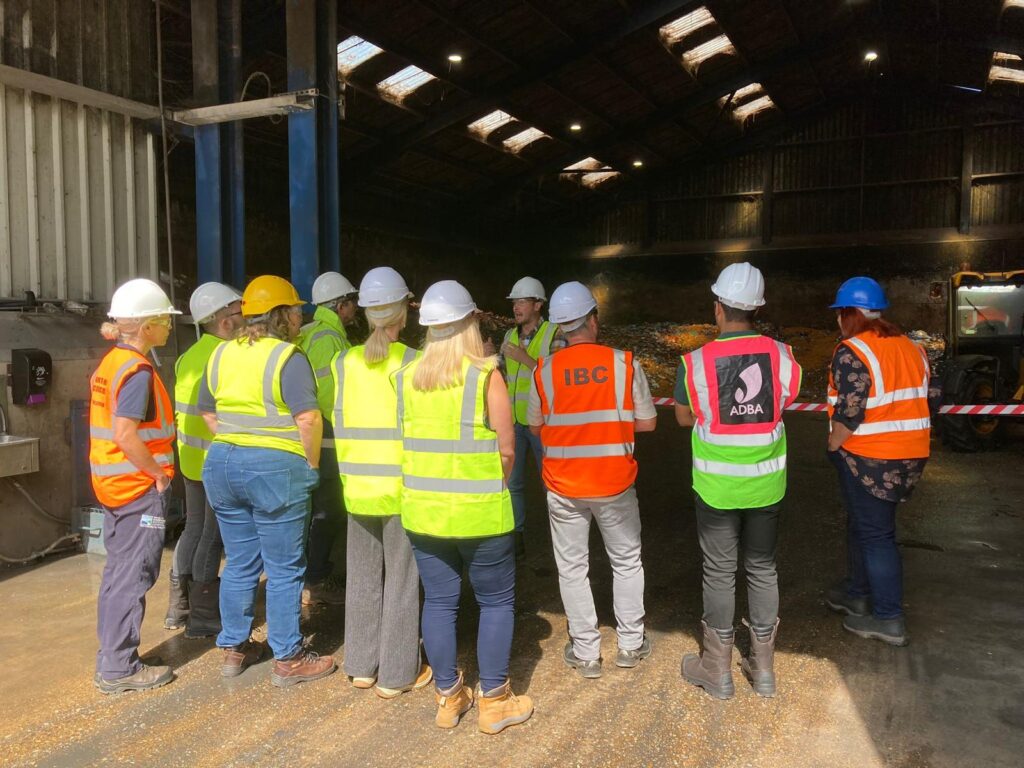Speaking this week at the Recycling and Waste Management exhibition, Jane Gilbert, of the Composting Association, said that composting could see the UK “just meeting its 2003 targets”.
But she added that there were a lot of challenges to be overcome to achieve this in light of the recent health concerns over composting and the debate over the composting of kitchen waste. Ms Gilbert also said that the industry has been facing a tough time economically, with gate fees lower than the cost of composting.
Ms Gilbert said: “The future for composting is bright but there are some very significant issues that need to be addressed. The Animal By-Product Amendment Order was rushed through because of foot and mouth. We were a minor irritant compared with burning animals.”
But with DEFRA about to commission a risk assessment into the composting of kitchen waste as a “matter of priority”, Ms Gilbert said that although “civil servants are risk adverse and paranoid about foot and mouth” she was confident that the issue was being addressed and will lead to new facility standards.
She added: “We don't want a short-term gain to jeopardise the future of composting.”
Target
But without composting kitchen waste, recycling targets could be met if councils increase the amount of green waste they compost. Ms Gilbert said: “If one-fifth of organics are collected we might just meet the 17% 2003/4 target. But to meet the targets there needs to be an increase in the amount of organic waste collected from the kerbside and from civic amenity sites and over 250 new facilities will need to be built which is challenging and demanding.”
Currently a large amount of composting is carried out in windrows but increasing the amount of sites is problematic as recent Environment Agency guidance said that planning permission will not be given for windrow sites within 250 metres of a workplace or a dwelling as a result of health risks.
Ms Gilbert said that ongoing HSE research is looking into the issue and added that although it is difficult to quantify the amount of bio-aerosols in the air, in-vessel composting is likely to play more of a role in the future.
But Ms Gilbert did predict “rapid change” for the industry and said that there would be a growth in centralised facilities and a lot more in-vessel especially for more challenging feedstocks such as kitchen waste. Despite concerns about windrow composting, Ms Gilbert said that it does have a part to play but not for kitchen waste. “Future composting regulations from the EU next year which will include the Animal By-Products Order are likely to see all kitchen waste composted in-vessel primarily because of foot and mouth.”











Subscribe for free